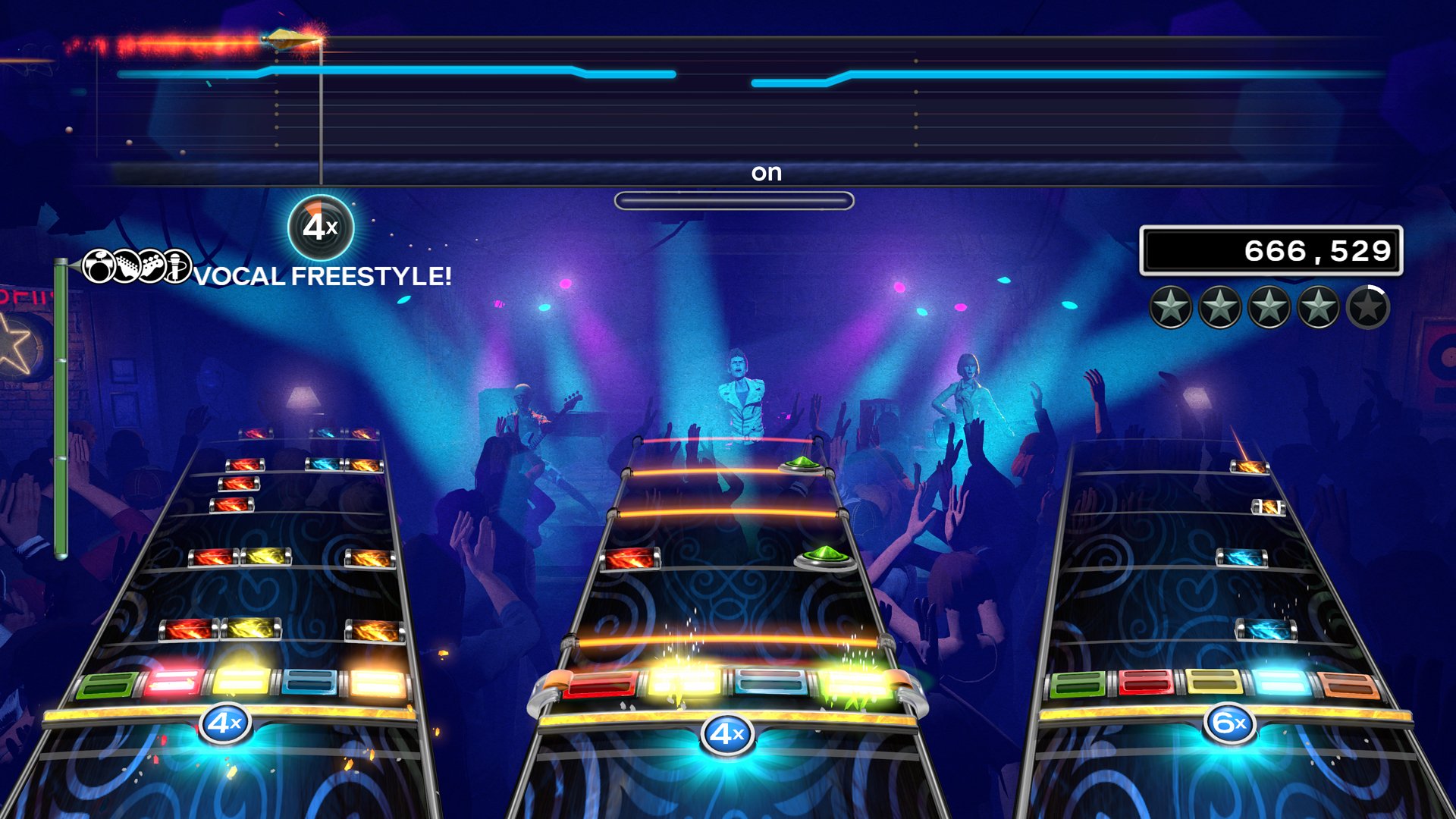It's time for a reunion tour!
The rhythm genre is a mysteriously connected beast, as if it were in tune with all of its members. Both Harmonix and Activision listened when it seemed like the genre became oversaturated—as our collective living rooms and closets would attest, clogged by all those drums sets, guitars, and microphones. We haven't heard from Guitar Hero and Rock Band since Guitar Hero 5 in 2009 and Rock Band 3 in 2010, unless you count the exhaustive DLC albums and song packs, and now both franchises will see a revival about half a decade later. Either this is mere coincidence or there were clandestine dealings somewhere backstage to ensure that October 2015 would apparently be Rock Revival Month.
That aside, Rock Band 4 almost treats the last five years like it didn't happen. Instead of introducing a new guitar or streaming music videos, as its competitor Guitar Hero Live will, the game reemphasizes everything that made the franchise great in the first place: co-operative gameplay with up to four players (more if you have extra microphones), an extensive song library with a healthy tracklist, durable peripherals, and solid compatibility.
In fact, the most notable part of Rock Band 4 is that the vast majority of your legacy instruments will indeed work with the game so you won't need to purchase the new instrument bundles, though the instruments themselves have been given a noticeable upgrade. The microphone is more sensitive, the drum sets have better pads for impact absorption, and the guitars have a sturdier build. You may need to purchase a splitter, though, like the Game Controller Adapter for Xbox 360, especially since the next-gen consoles aren't terribly plentiful with USB slots. Additionally, the guitar comes with built-in parts that assist in the calibration process, so that you won't need to fiddle with the calibration numbers in the options menu too much.
Rock Band 4 banks on familiarity as its primary calling card. Even if your plastic guitar skills have gotten rusty, you'll be able to restore your past dexterity with just a handful of song selections. Playing the game still boils down to strumming and tapping at the right time as capsules scroll across the board, while vocals are all about matching the pitch or the spoken lyrics themselves. If you nail enough white notes, you'll earn overdrive which you can deploy to earn twice the number of points, or eight times the normal amount if all four members of a band use overdrive at the same time. Gather enough points and you can earn five stars—or better, five golden stars—but of course if you miss too many notes, you might fail out of the song and be met with the heckling of the crowd. (And shame.)
The recognizable gameplay has been luckily improved in several respects: vocal harmonies make a comeback from The Beatles: Rock Band, you can hit improvisational guidelines for vocals on the harder difficulties, and drum fills have been altered to make it simpler to keep the beat. The most noticeable addition is the freestyle solo mode for guitarists which replaces the tricky solo sections with looser, more freeform inputs. Instead of performing tricky hammer-ons and pull-offs, these freestyle sections ask you to move between the high and low buttons on the neck, performing holds and taps in any arrangement you choose. You won't earn as many points, so leaderboard hunters will want to turn it off, but for casual play and making sure that the band makes it to the end of the song, freestyle solos are a welcome change.
The campaign-oriented Band Tour mode, as you might suspect, is still about developing your band from unknowns to rising stars and finally international superstars. As you progress from city to city, you'll need to complete increasingly more challenging setlists where you'll need to amass fans and stars to climb the ladder. Along the way, you can make minor decisions along the way, choosing between getting more fans or unlocking outfits in the clothing shop. However, the customizable options are slightly deficient, with no options to change the body size of your character (not all rockers are deathly thin) and no ability to change your stand-in members with other characters you've created.
As a matter of fact, several features from prior Rock Band titles are oddly absent in Rock Band 4, chiefly of which is online multiplayer. Harmonix promises to include this later down the line, but sadly I can't review a feature that doesn't exist yet. Even though a small fraction of Rock Band players venture online (Harmonix reports that it's about one-tenth of the audience), not having online multiplayer makes the package feel unfinished given that Rock Band 3 included it five years ago. Practice Mode is missing in action as well, which makes nailing that unholy section that much harder. I also experienced a laggy UI and it took some time to find a calibration setting that felt perfectly right. But we'll have to see if Harmonix can deliver on its promise of treating Rock Band 4 as a platform and upgrading the game over time.
That Rock Band 4 exists is just shy of being a miracle. The peripheral-based rhythm genre has been a ghost for so long that no one knew it needed to be returned to life until it was actually announced. While the lack of online multiplayer and Practice Mode is disappointing given Rock Band 3's suite of features, reliving the experience of having friends playing alongside you (perhaps at a party you've arranged, ahem) in local co-operative play more than makes up for the difference. It may have been five years since the last Rock Band, but the feeling is utterly nostalgic.
-
Solid co-operative play
-
Familiar rhythm-based gameplay
-
Healthy setlist
-
DLC and instrument compatibility
-
Freestyle solos
-
Limited customization options
-
No online multiplayer... yet
-
No practice mode
rock-band-4
-
rock-band-4 #1
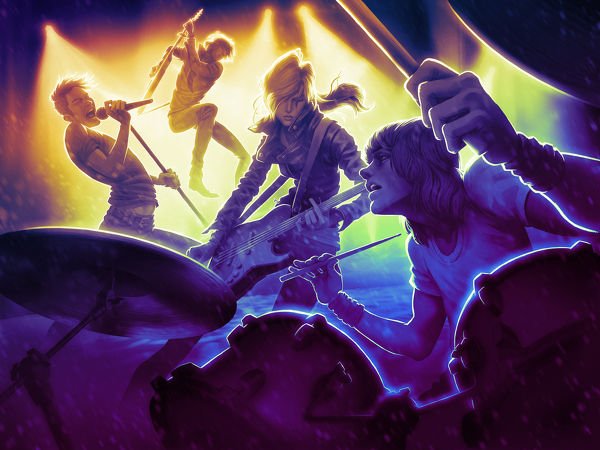
-
rock-band-4 #2
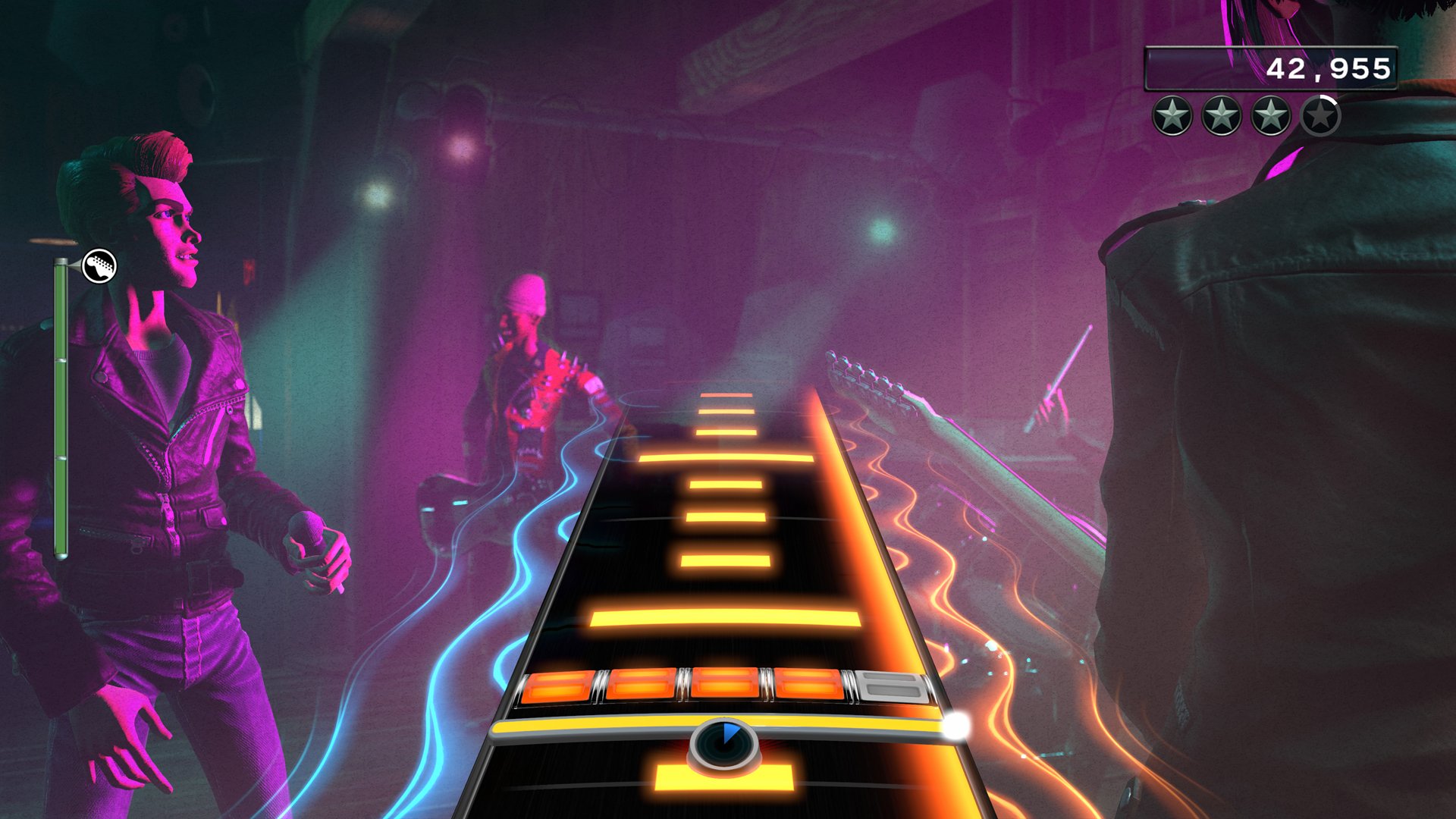
-
rock-band-4 #3
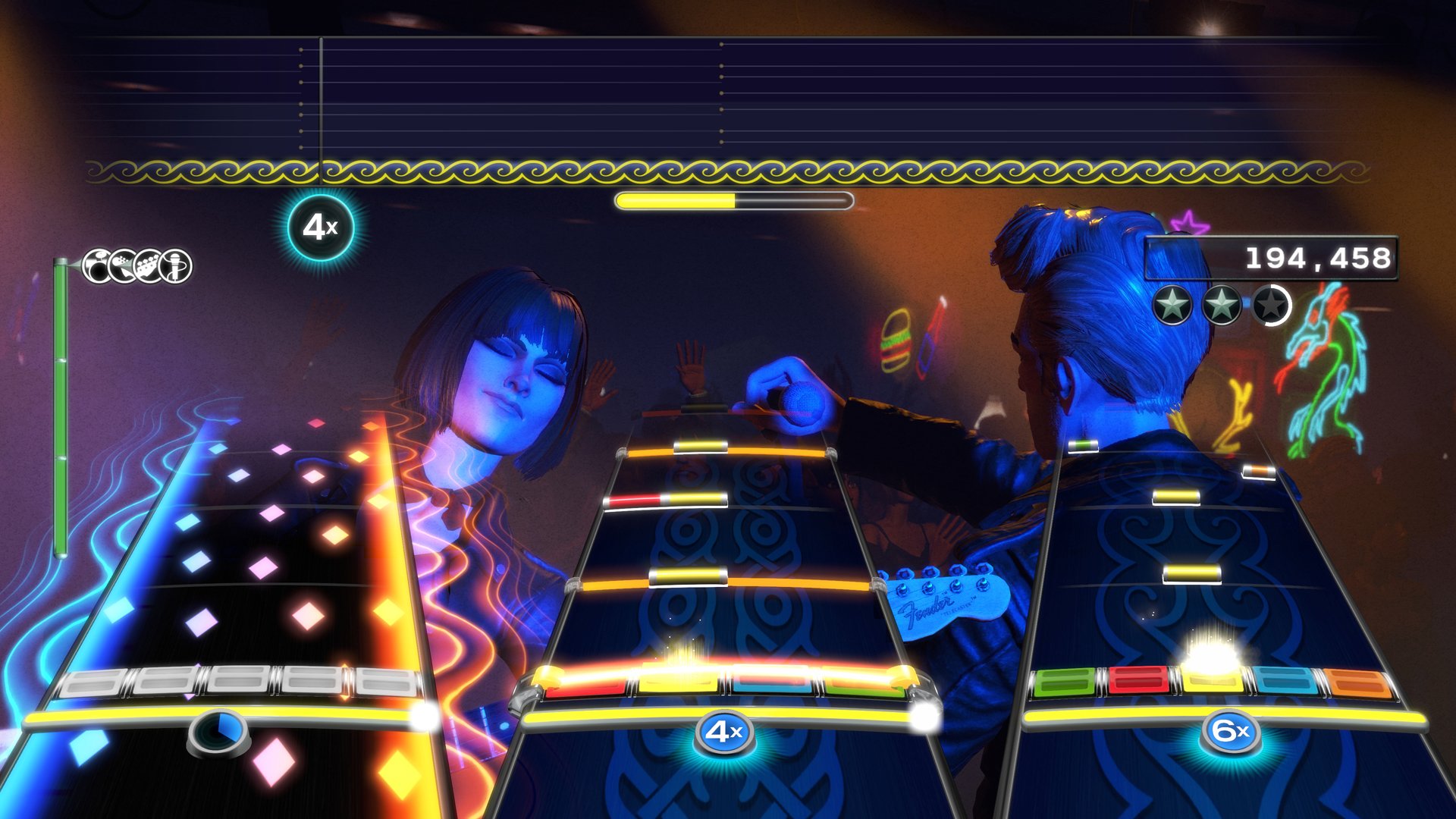
-
rock-band-4 #4
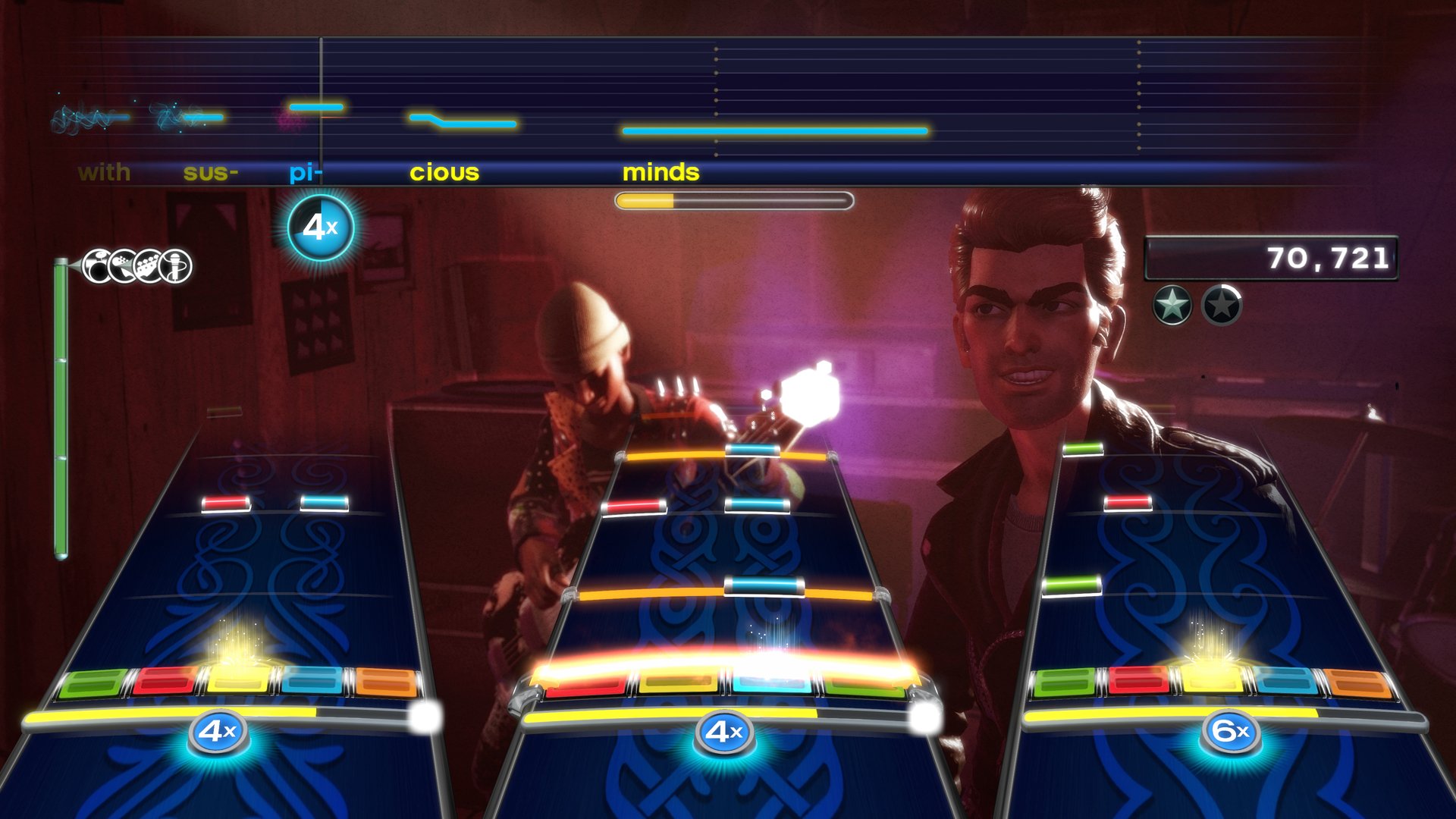
-
rock-band-4 #5
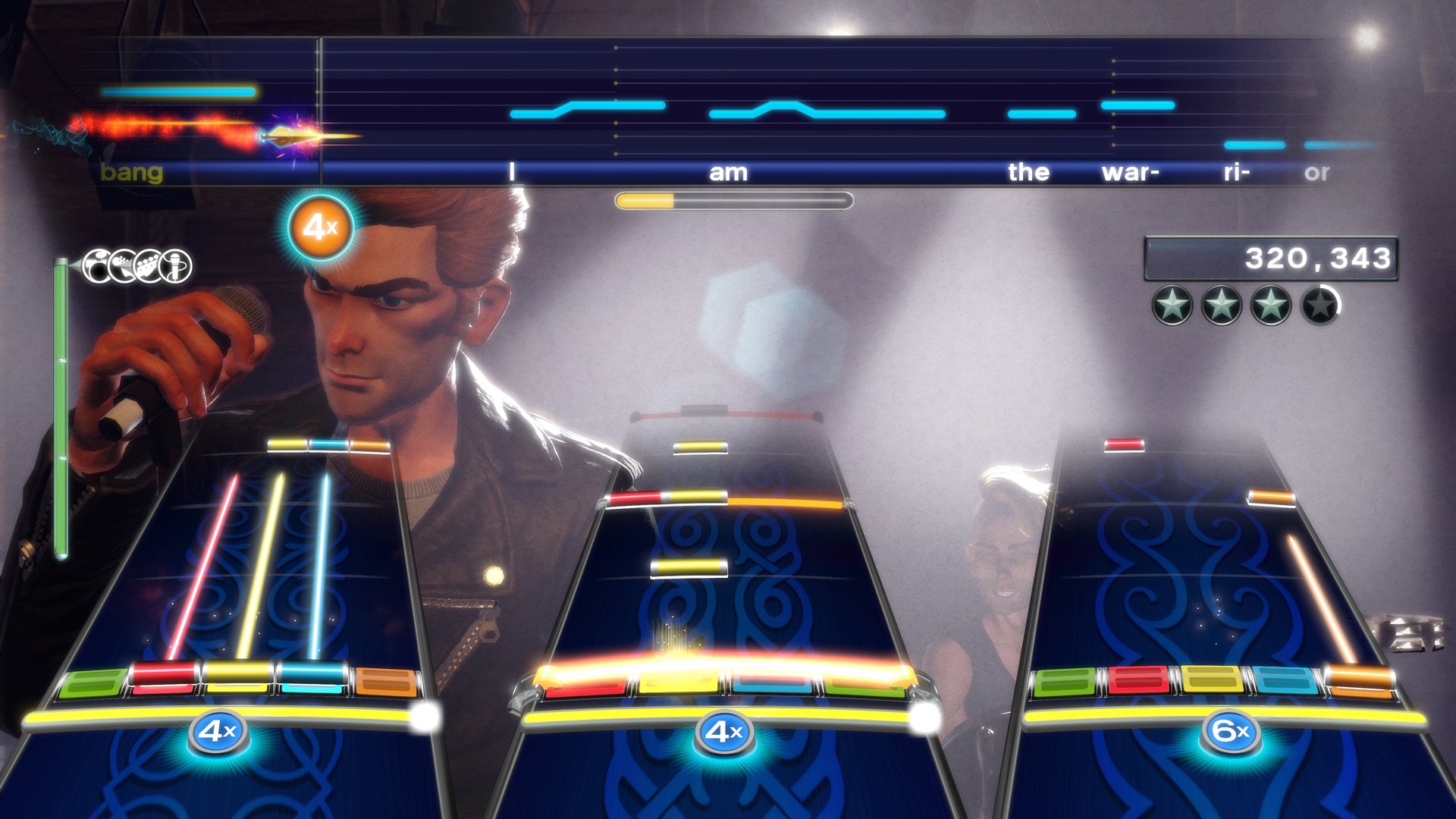
-
rock-band-4 #6
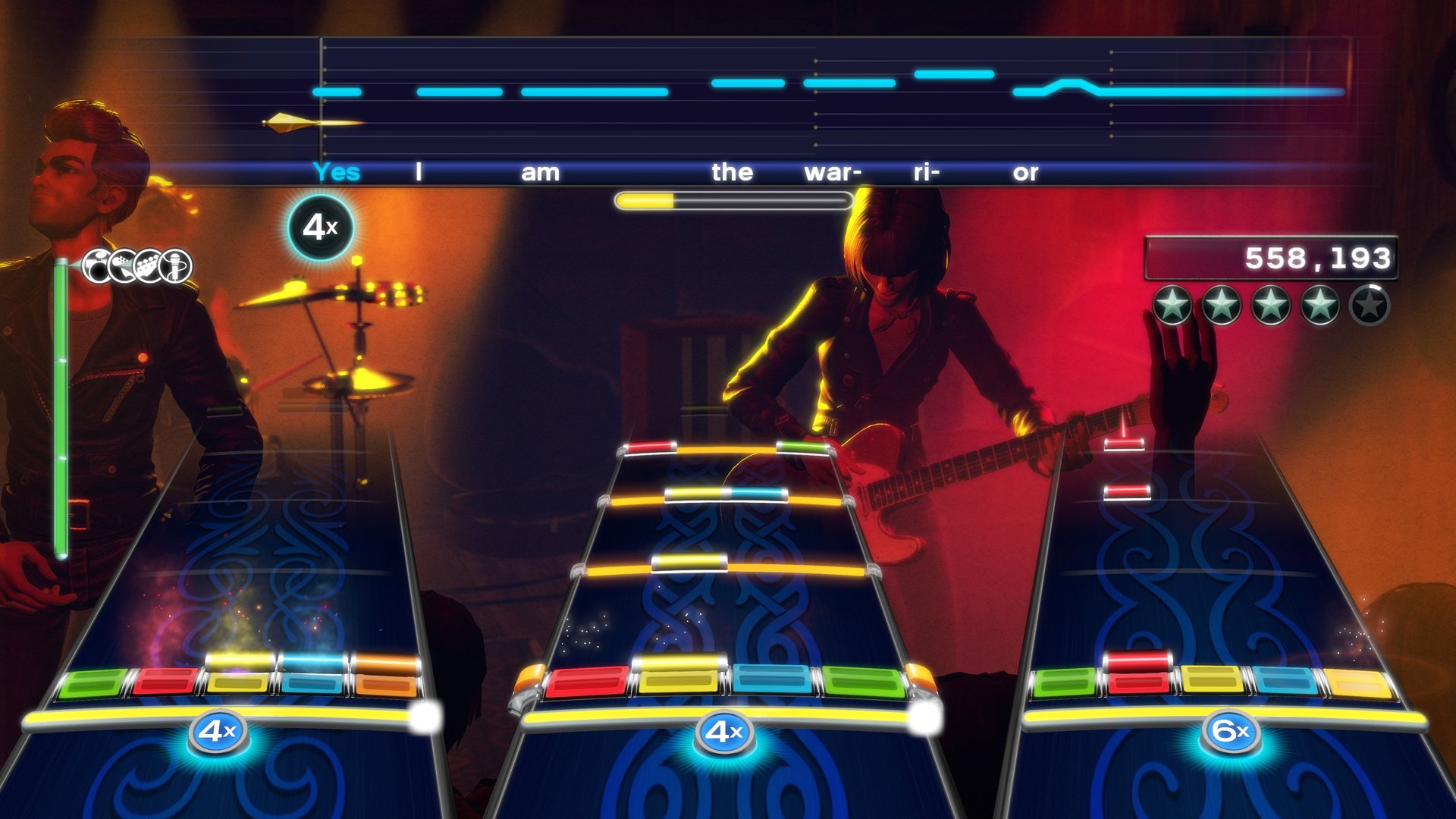
-
rock-band-4 #7

-
rock-band-4 #8

-
rock-band-4 #9
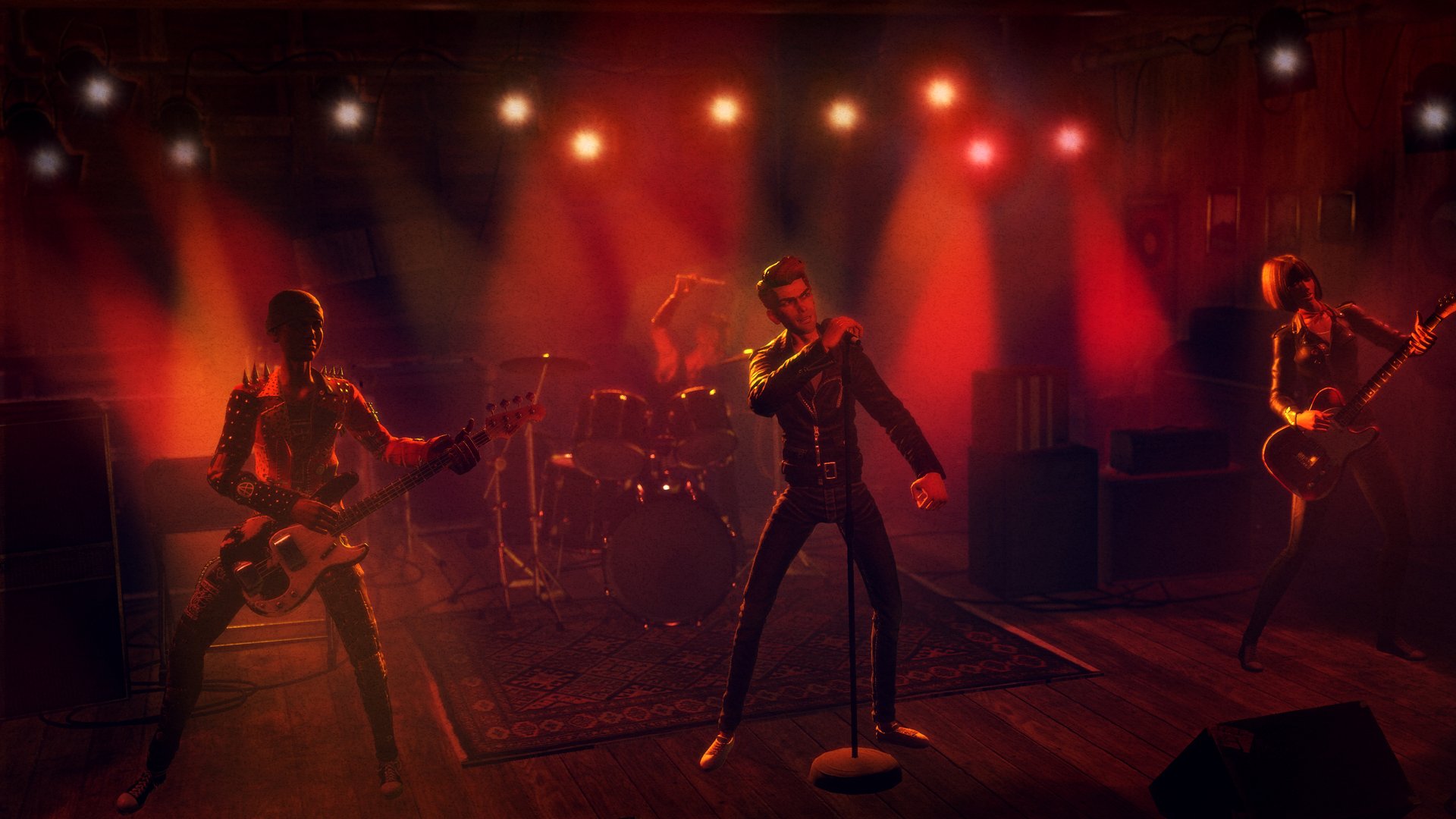
-
rock-band-4 #10

-
rock-band-4 #11
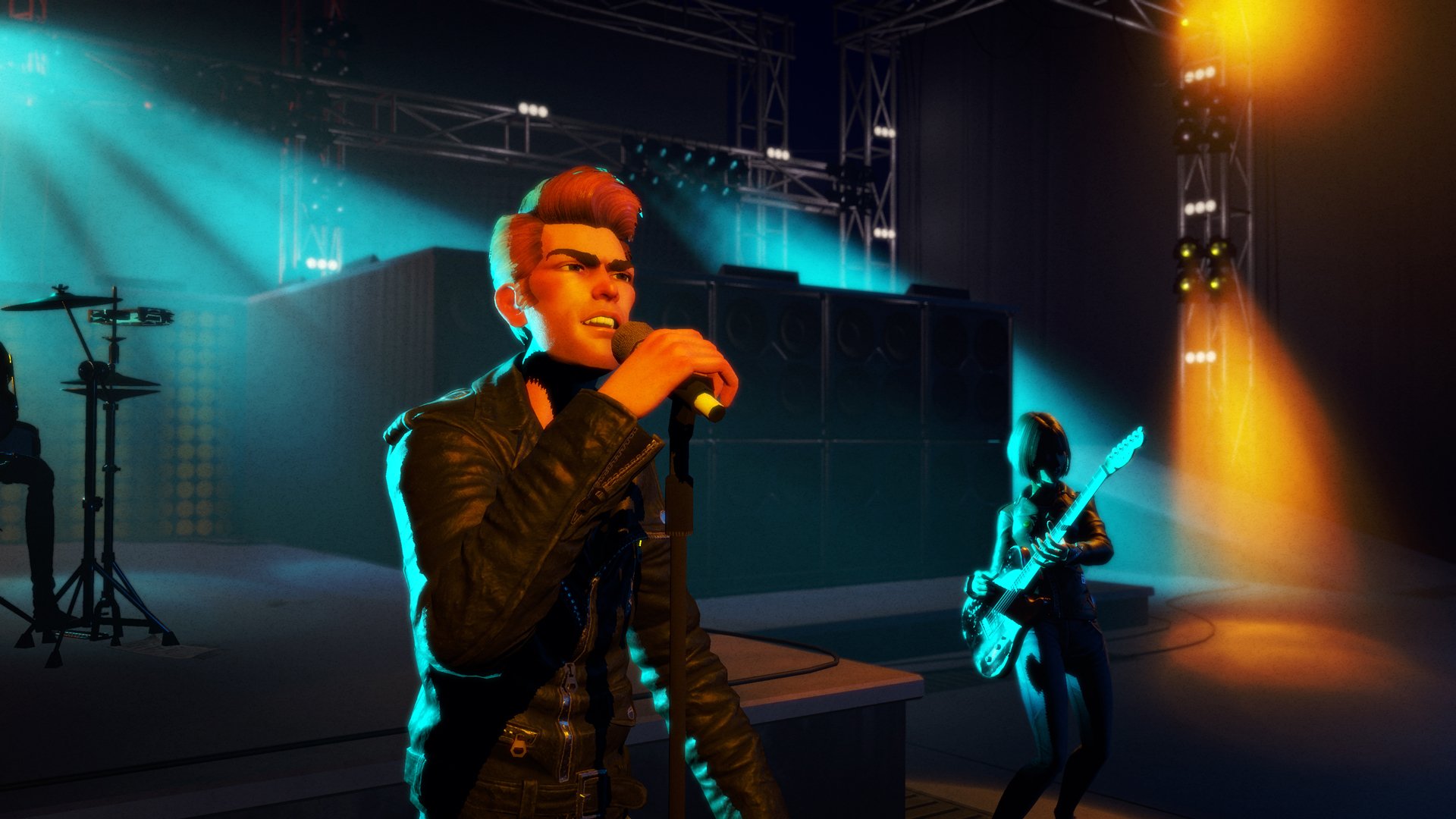
-
rock-band-4 #12
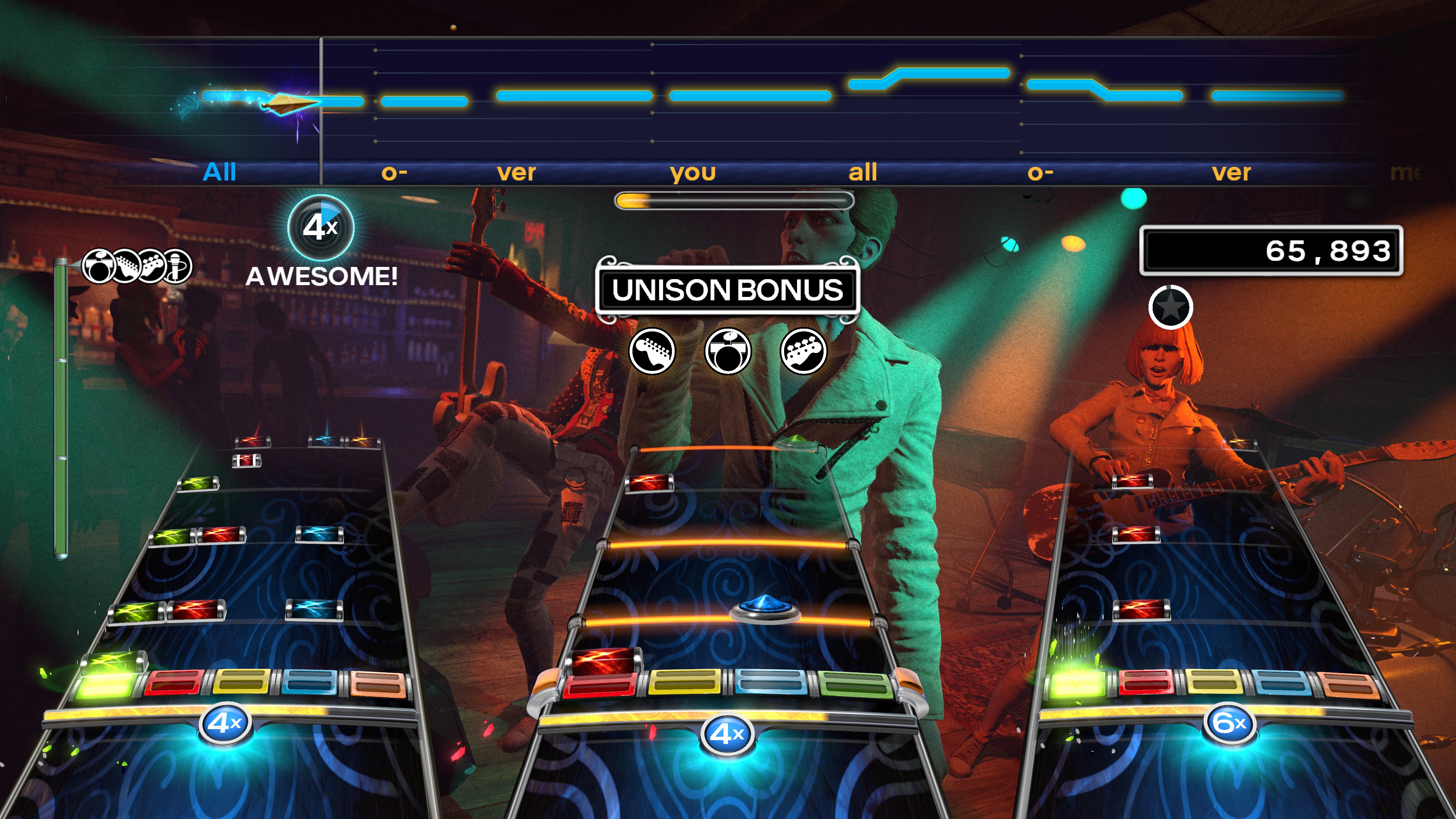
-
rock-band-4 #13
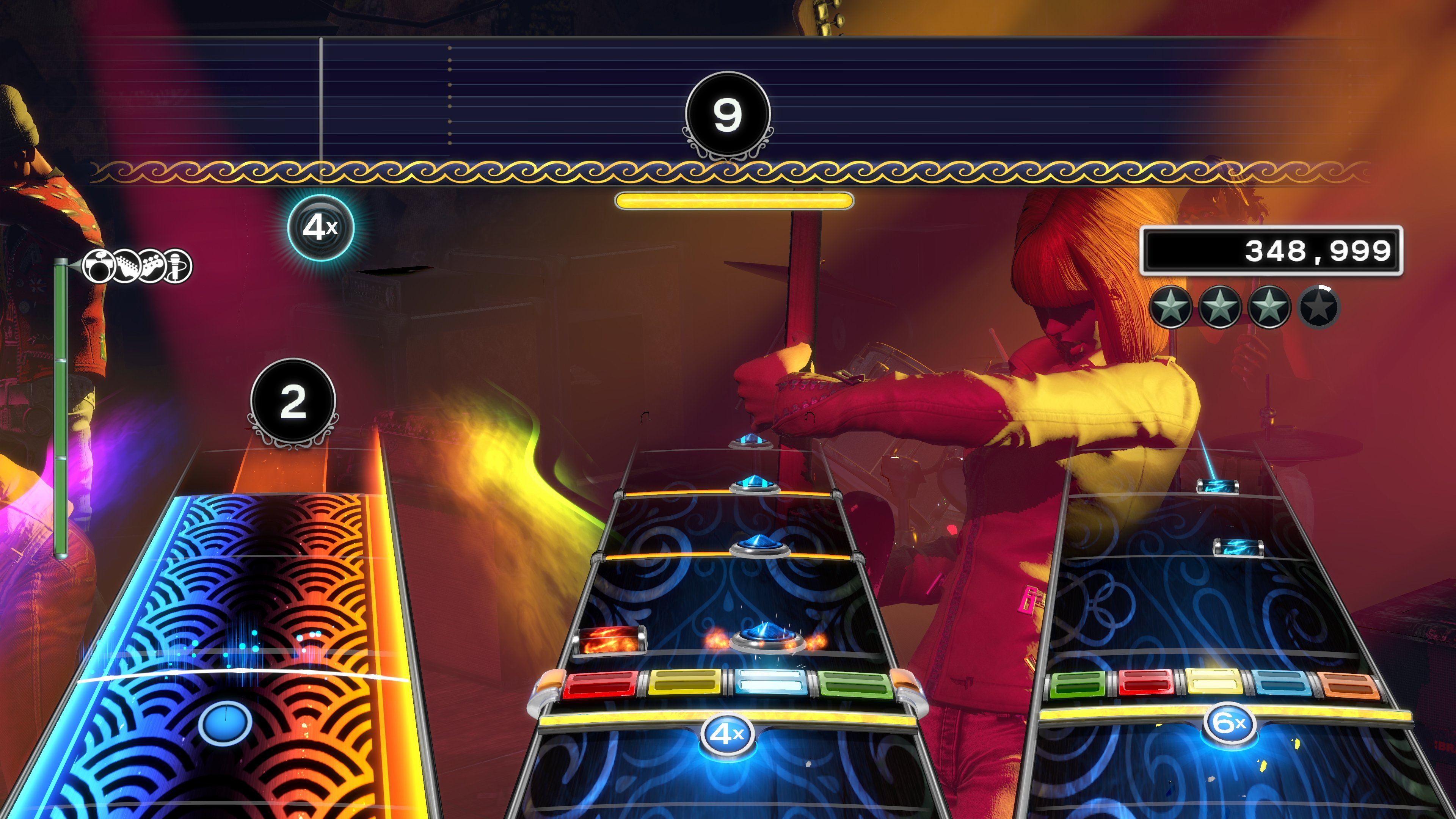
-
rock-band-4 #14
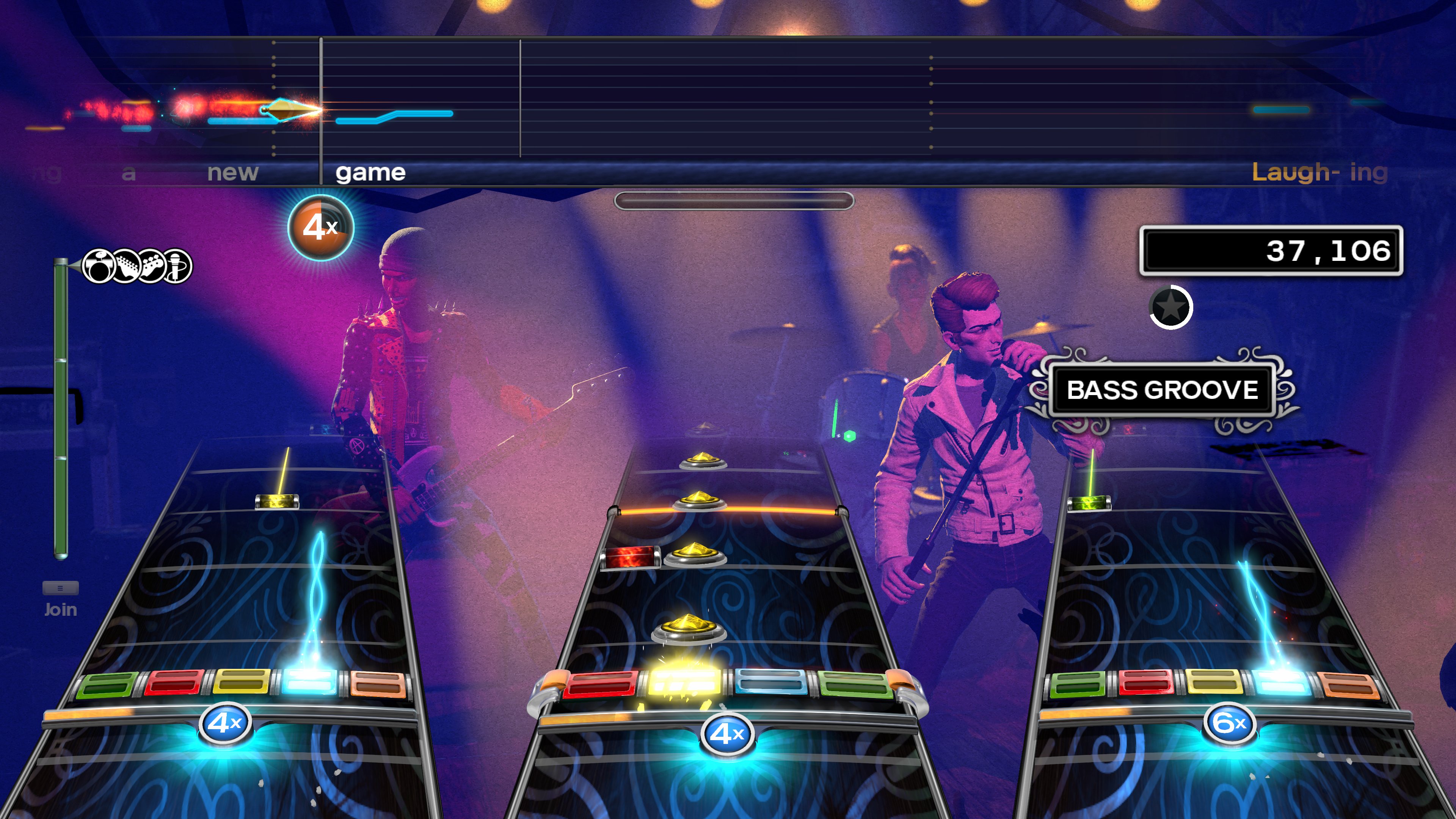
-
rock-band-4 #15
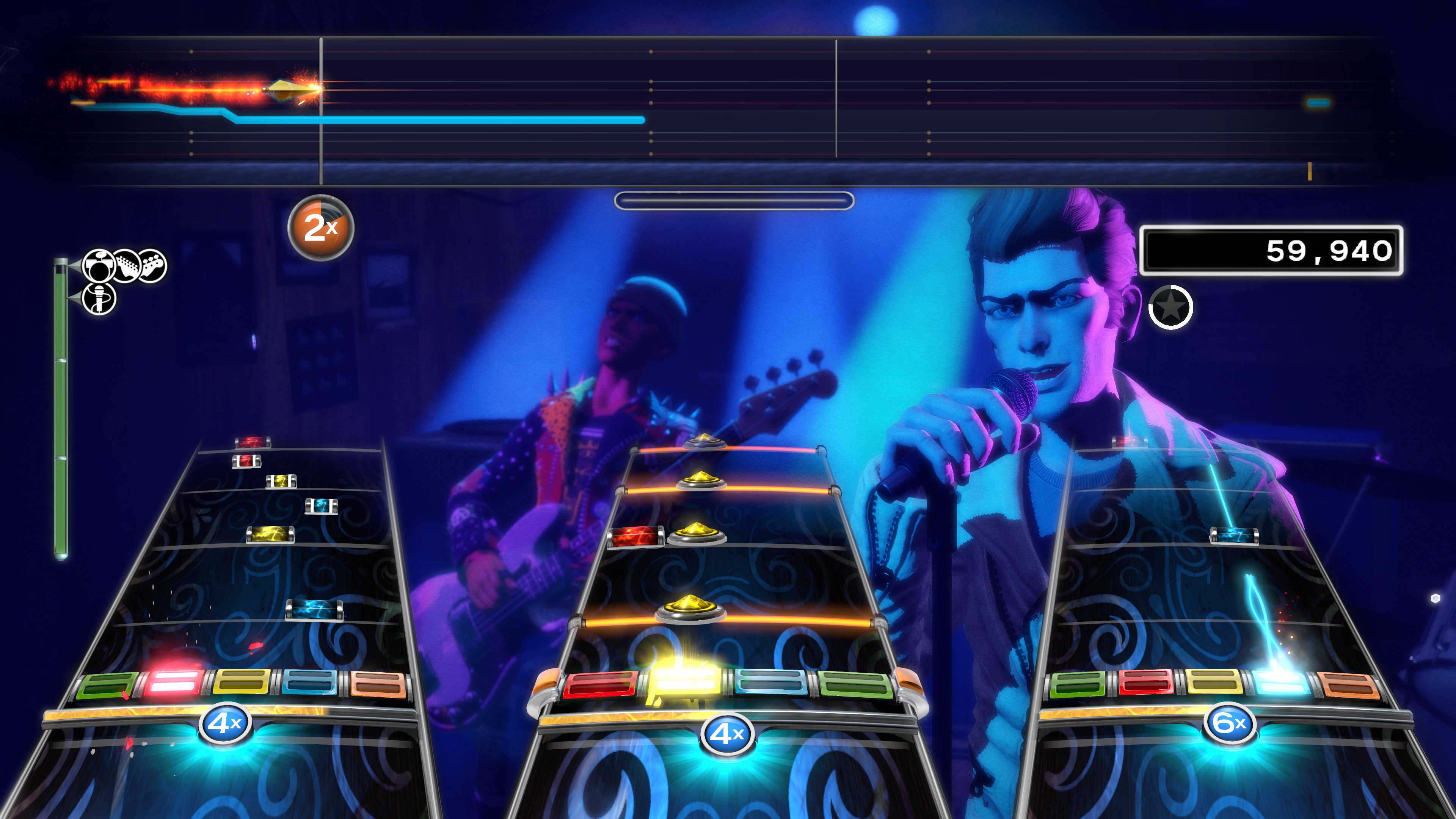
-
rock-band-4 #16
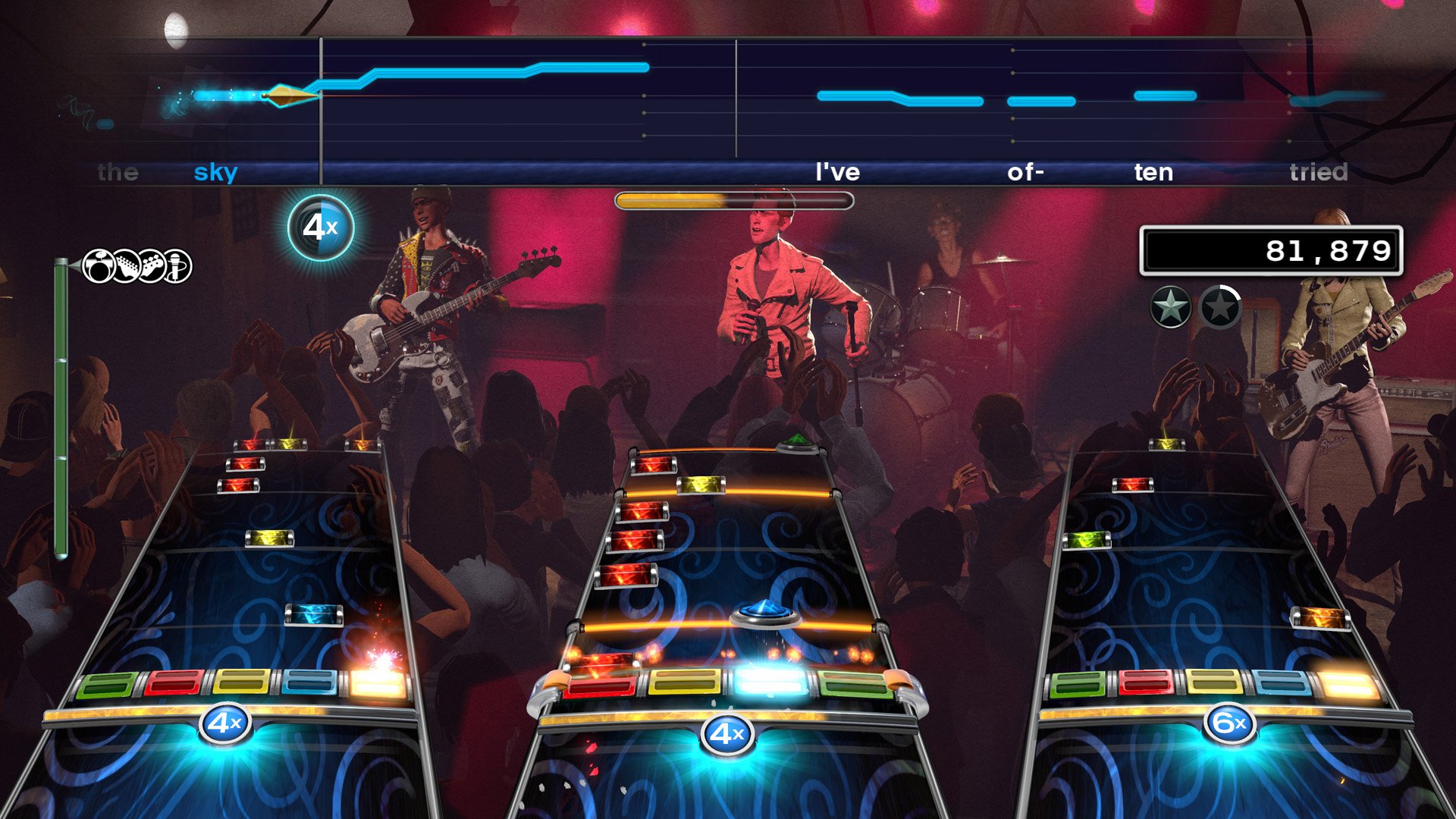
-
rock-band-4 #17
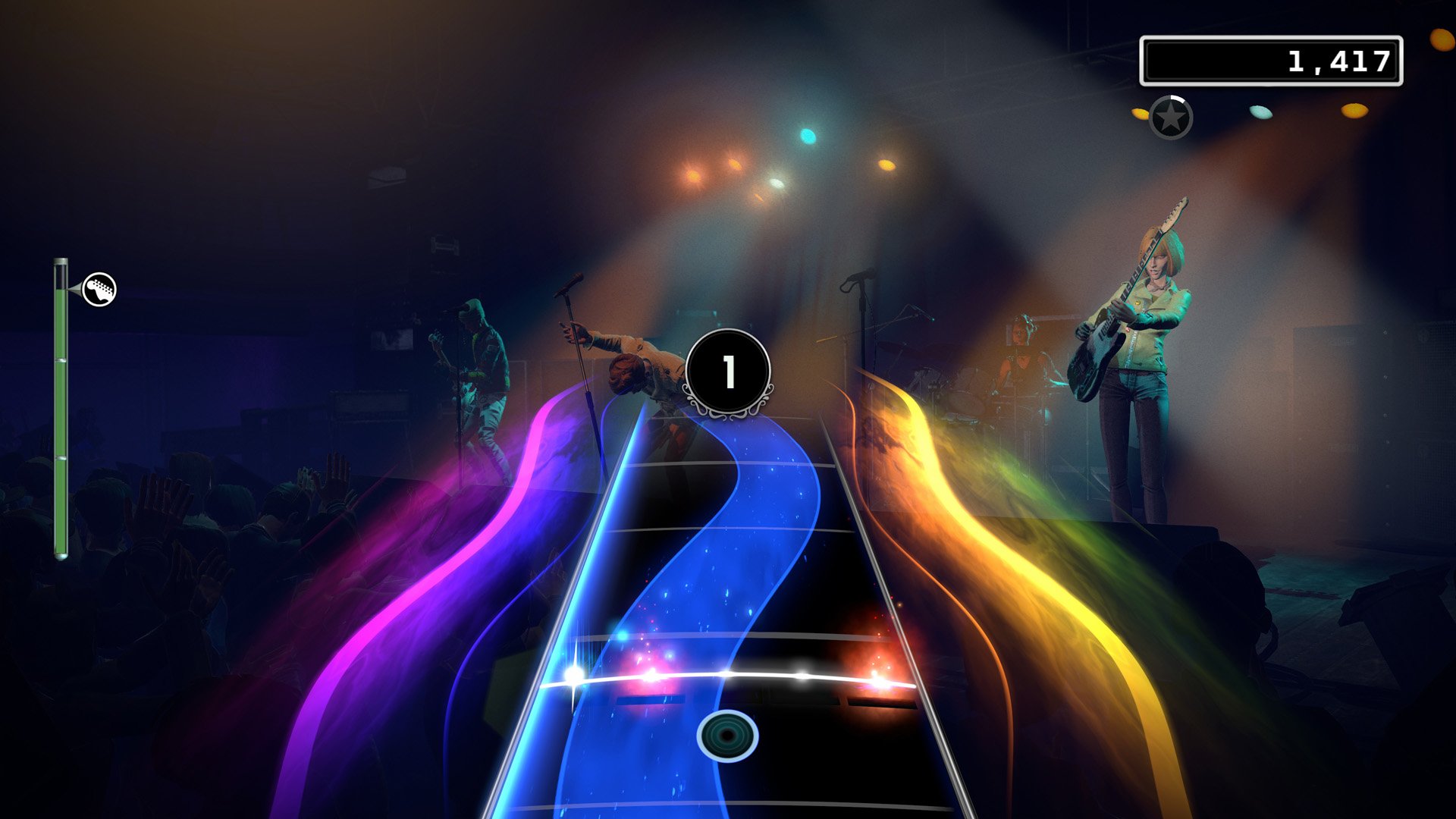
-
rock-band-4 #18

-
rock-band-4 #19

-
rock-band-4 #20
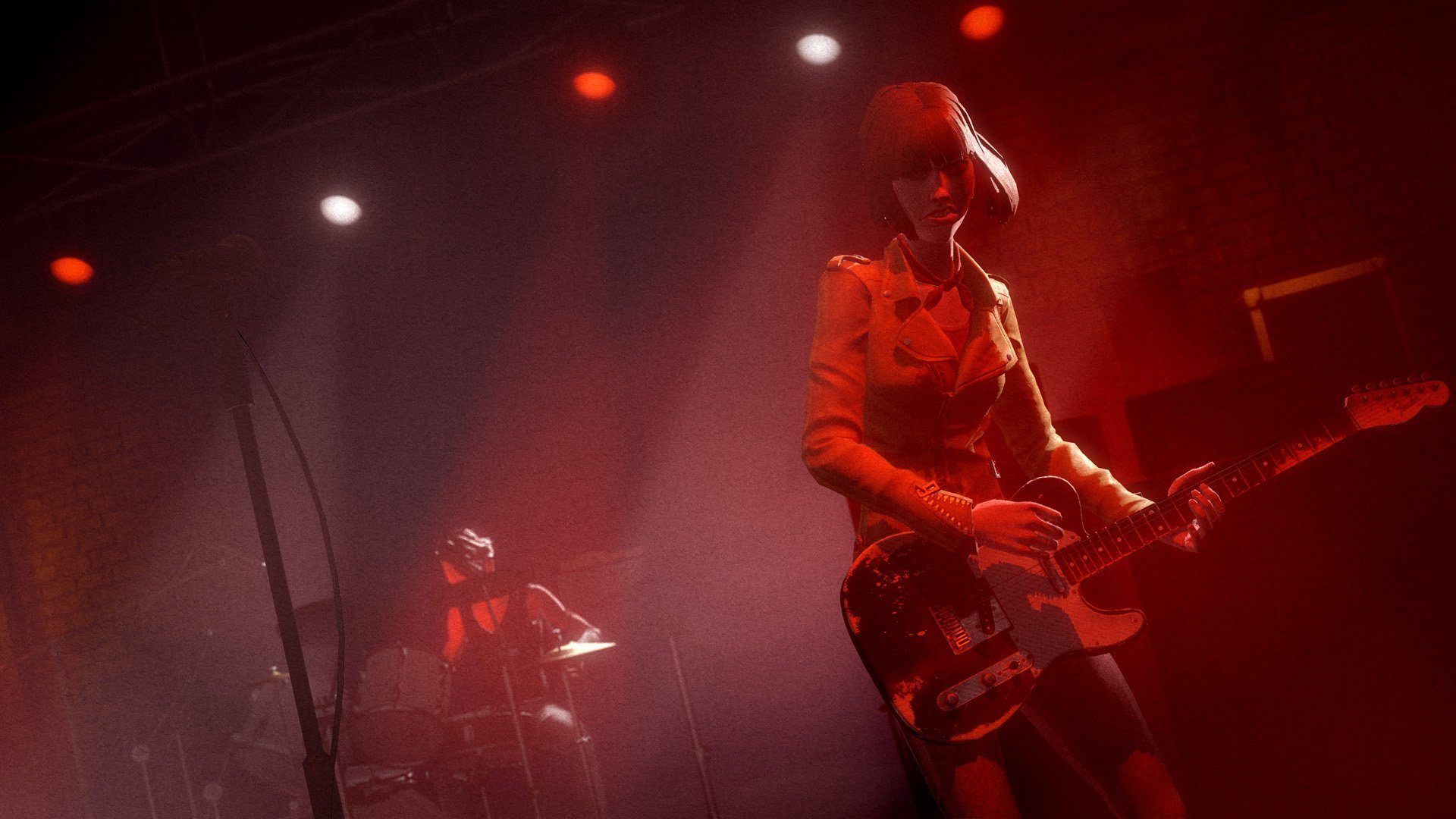
-
rock-band-4 #21
